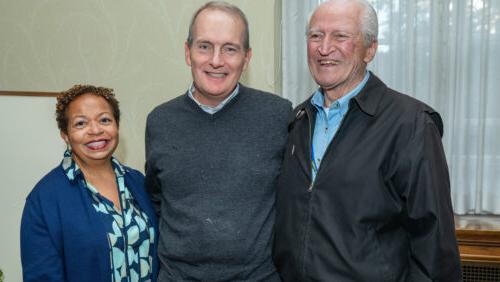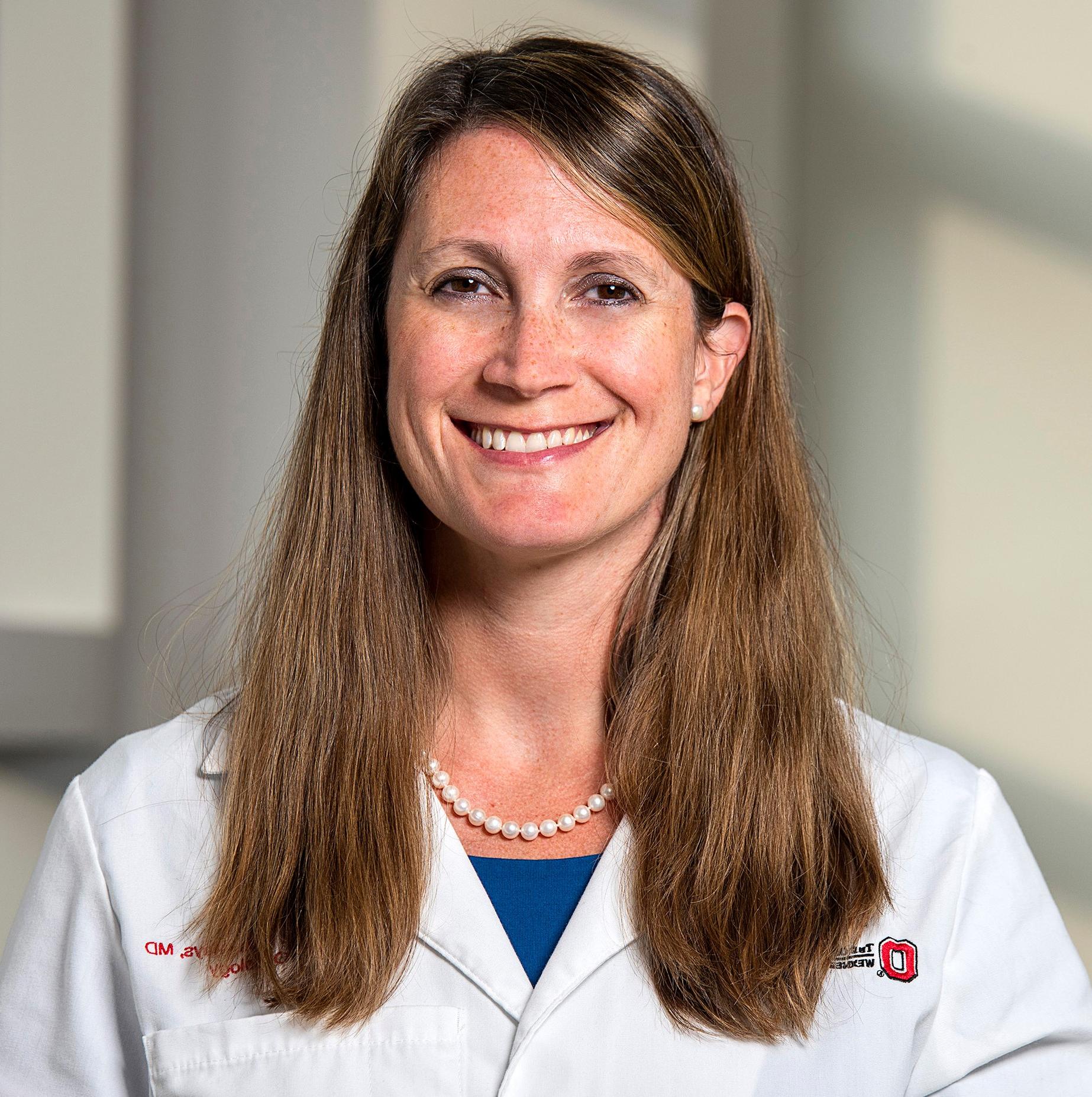
Faculty Excellence Awards Celebrate Outstanding Contributions
More than 40 faculty members received honors during Trinity’s first Faculty Excellence Awards ceremony on October 17.
Biologists look at the marvels of the living natural world; they study LIFE. What we encounter in biology are the continuing consequences of events that began billions of years ago, yielding simple living forms capable of faithfully reproducing themselves. From this genesis evolved the many forms of life we recognize today.
Though we know much in biology, we are learning even more at a breathtaking rate. Biology is the most fast-paced science of our time. Fundamental, history-making advances have been made in biology in just the last 30 years. For instance, biologists studying bacteria and viruses discovered that DNA is the genetic material. This major discovery led to the establishment of the field of molecular biology, whose implications for the future are still unfolding.
Scientists are continuing to find through research how this molecule, DNA, affects genetic inheritance, physiology, and evolution. As research proceeds, new businesses in biotechnology, based on DNA engineering, are being developed. The prospects for future biologists are wide-ranging; there is so much yet to learn.
Despite their enormous diversity, there are fundamental properties common to all organisms that provide a foundation of knowledge upon which we build.
Cells, the basic unit of life, consist of nearly the same kinds of structures and molecules in all living forms, and the chemical reactions within them are similar. All cells possess a complex mechanism for replicating themselves, and in the same way whole organisms reproduce themselves.
Multicellular organisms grow as the numbers of their cells increase, and cells in certain positions are altered to produce different structures. Each structure performs a particular specialized function necessary for survival. The superficial variations among living forms come into clear focus when the basic functioning of their bodies, organs, and cells is the center of inquiry. Thus, biology’s subdisciplines, which examine basic functions, provide the field with its overarching organisms to solve common problems of their existence. The results of such study have applications for the fields of medicine, agriculture, and the environment.
Craig Schneider, Charles A. Dana Professor of Biology, talks about his work outside of the classroom and how he helps students see that there's more to science than what's written in a journal.

Margaret Gatti-Mays, MD MPH, Trinity College Biology 2005 Alumna and Associate Professor of the Division of Medical Oncology at James Cancer Hospital Solove Research Institute - The Ohio State University, discusses "Translational Therapeutics: Where the Bench Meets the Bedside".